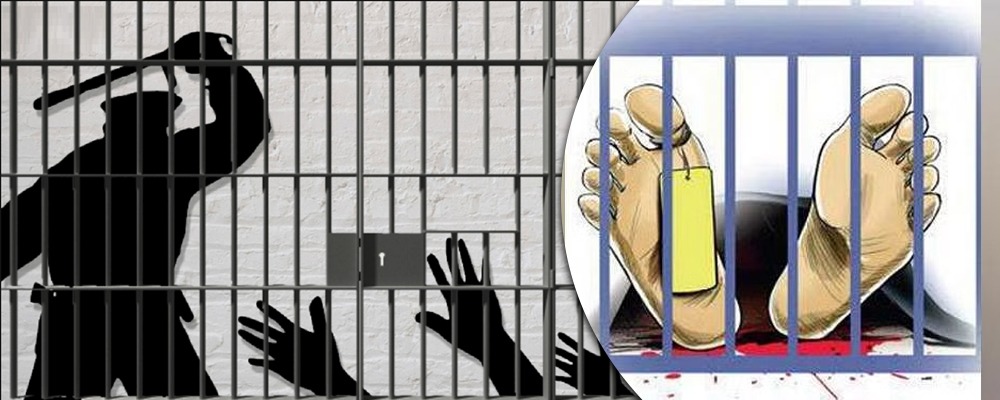Police brutalities and violence have increased over the last few years and it reflects the loopholes in our administrative and judicial system. Police authorities have been abusing their powers in the name of duty.
In India custodial death is not a new concept and it has continued since the Britisher’s era.
Some laws which governs the torture of police are; Section 76 of Cr.P.C, Sections 25 & 26 of the Indian Evidence Act and Section 29 of the Police Act, 1861, Sections 330, 331 & 348 of IPC. However, these laws are not sufficient enough to control the torture.
Custodial Death:
Custodial Death is the worst abuse of the powers. Police goes ultra vires meaning they use unnecessary force to torture the convicts and goes to the extent of the taking life of convicted person. Death is the grave result of custodial torture, rape or physical torture.
In Joginder Kumar V. State of U.P & Ors., it was held that, “The police officer shall inform the arrested person when he is brought to the police station of this right. An entry shall be required to be made in the diary as to who was informed of the arrest.”
Need A Legal Advice
The internet is not a lawyer and neither are you. Talk to a real lawyer about your legal issue

Judicial and Police Custody:
Custody and Arrest are not the same thing. Custody is defined as protection of a person on apprehension that he or she may cause harm to the society.
However, arrest is considered when a person is formally taken into custody on suspicion of creating crimes.
Custody and Judicial Remand:
As per Section 57 of CrPC, a person cannot be detained by the police officer for more than 24 hours. However, if a person needs to be kept in custody for more than 24 hours special permission is required from the court of law under section 167 of CrPC.
Classification:
Custodial death is the death of an accused during pre-trial or after conviction. It includes the death not only in police custody but may also include death in the medical or private premises or in any police vehicle. It can be classified as:
- In police Custody
- In judicial Custody
- In custody of army or parliamentary forces
Universal Declaration of Human Rights:
It mentions that every individual is innocent until proven guilty. Article 5 of UDHR mentions that no person shall be treated with cruelty irrespective of the geographical locations.
Penalising Custodial Deaths:
- Section 302 IPC
- Section 304 IPC
- Section 306 IPC
- Section 330 IPC
- Section 331 IPC
- Section 176 (1) CrPC
- Section 7 of Indian Police Act
- Section 29 of Indian Police Act
Lead India has a team of expert lawyers who can fight for your fundamental rights and clearly stands by you in case of illegal detention.





 Talk to a Lawyer
Talk to a Lawyer